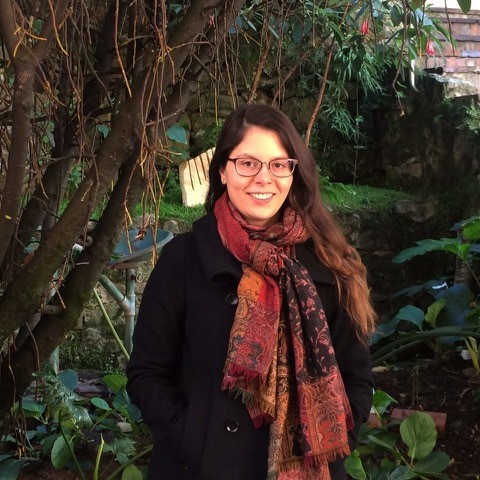
Carolina Bejarano Martinez
Research Project
Project title:
People of the Sea: An ethnography of the jurisdictional struggle for land in Cartagena, Colombia.
Description of the project:
Scholars and practitioners have traditionally understood International Law and specifically International Human Rights Law from a scalar, unidimensional, and hierarchical perspective. From an ethnographic perspective, my research contests the traditional perspective of Human Rights Law by exploring the discourses and legal tools of Human Rights Law that the African descendant Peoples from the Colombian Caribbean use in their struggles to defend their lands threatened by the expansion of the city and the tourism industry. The result of this exercise demonstrates that the defense of communal spaces in Cartagena takes place in a vast constellation of jurisdictions, which emerges and operates contingently. One of the jurisdictions that I explore deeply in my research is the Human Rights jurisdiction, specifically the discourses and practices linked to the defense of ethnic rights and multiculturalism. Multicultural mobilization reveals that the jurisdiction governing a conflict does not preexist it, but on the contrary, is built from below by the actors involved in the struggle. Using International Human Rights Law in their struggles for land, the African descendant peoples of Cartagena create local legalities that allow them to defend their land against the city’s expansion and the tourism industry. Far from closing the disputes for the space in the city, the uses of multicultural Human Rights law in local contexts make the jurisdictional game more complex and raise the level of conflict. In the middle of this process of jurisdictional creation, life and space are being governed by the law in urban contexts characterized by racial and economic diversity and asymmetries.